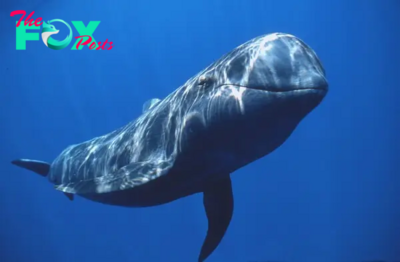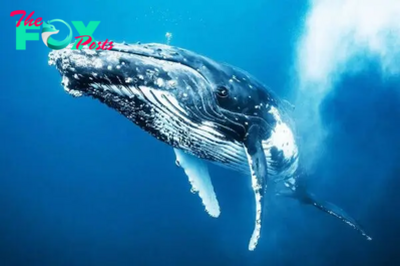Animals
The Enigmatic Giants of the Deep: Exploring the World of Whales H12
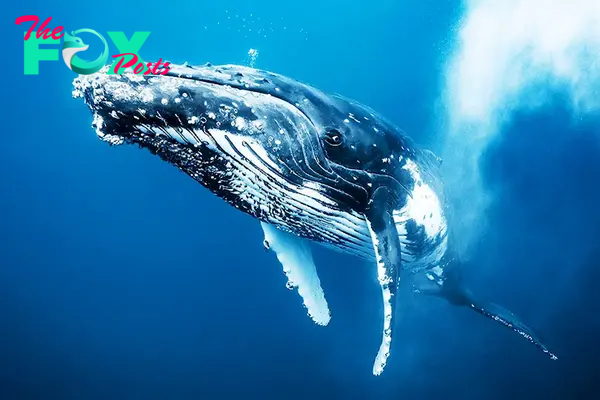
Whales, the majestic giants of the ocean, captivate the imagination with their sheer size, graceful movements, and Mysterious lives beneath the waves. These marine maMMAls belong to the order Cetacea, which also includes dolphins and porpoises. Among the most notable characteristics of whales are their enormous size, with some species reaching lengths of over 100 feet and weights of up to 200 tons. Despite their bulk, whales are remarkably agile and can navigate vast distances across oceans with ease.
Whales are divided into two main groups: toothed whales (odontocetes) and baleen whales (mysticetes). Toothed whales, such as orcas and sperm whales, have sharp teeth and primarily hunt fish and squid. Baleen whales, such as humpbacks and blue whales, have plates of baleen instead of teeth, which they use to filter small fish and krill from the water. This feeding strategy involves taking in huge mouthfuls of water and then pushing it out through the baleen, trapping prey inside.
![]()
One of the most iconic whale species is the blue whale, known not only for its immense size but also for its haunting songs that can Travel for miles underwater. These songs are thought to play a role in communication and mating rituals among whales. Humpback whales are also famous for their complex songs, which can last up to 20 minutes and are believed to be unique to each population.
Whales are found in all oceans around the world, from the Arctic to the Antarctic, and even some rivers and estuaries. Their global distribution reflects their ability to adapt to a wide range of environments, although many species are now threatened by human activities such as whaling, pollution, and climate change. Conservation efforts are crucial to protecting these magnificent creatures and ensuring their survival for future generations.
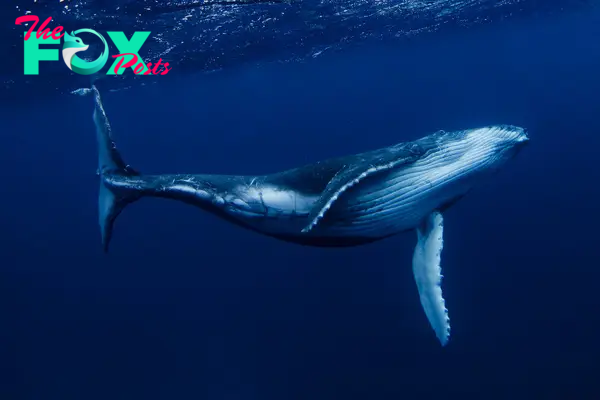
In addition to their ecological importance, whales hold significant cultural and symbolic meanings for many societies. They have been depicted in art, folklore, and literature throughout human History, often symbolizing strength, wisdom, and the power of nature. In some cultures, whales are revered as spiritual beings or guardians of the sea.
Whale watching has become a popular ecotourism activity in many coastal regions, offering people the opportunity to observe these gentle giants in their natural habitat. Responsible whale watching practices are essential to minimize disturbance to whales and their ecosystems while providing Educational and conservation benefits to local communities.
The study of whales, known as cetology, has contributed significantly to our understanding of marine biology and ecology. Scientists continue to conduct research on whale behavior, communication, migration patterns, and population dynamics to inform conservation strategies and marine management practices.
Whales exhibit complex social behaviors and are known to live in pods or groups that can range in size from a few individuals to several dozen. These social bonds play a crucial role in their survival and reproduction, with older individuals often passing on knowledge and experience to younger members of the group.
Despite their size and strength, whales face numerous threats in the modern world. Commercial whaling, once a major industry, has significantly reduced whale populations, although international regulations have helped to protect many species since the 1980s. Entanglement in fishing gear, collisions with ships, habitat loss, and climate change also pose serious risks to whale populations worldwide.
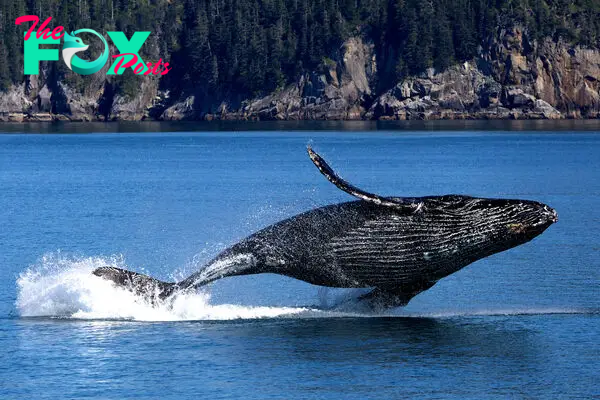
Efforts to mitigate these threats include establishing marine protected areas, reducing plastic pollution, and promoting sustainable fishing practices. Public awareness and advocacy play a crucial role in supporting these conservation efforts and ensuring that whales continue to thrive in our oceans.
In conclusion, whales are extraordinary creatures that inspire awe and wonder in people around the world. From their sheer size and strength to their intricate behaviors and cultural significance, whales occupy a unique place in the natural world. By protecting their habitats and addressing the challenges they face, we can ensure a future where whales continue to roam the oceans, enriching our planet with their presence.
-
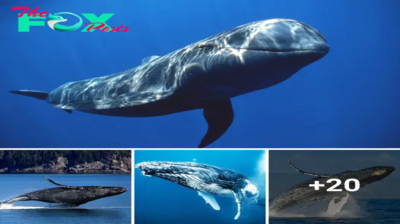
 Animals2h ago
Animals2h agoWhales: Guardians of the Oceanic Realm: Their Majesty and Conservation H14
-

 Animals2h ago
Animals2h agoAstonished divers find a massive black fish with serrated teeth.
-

 Animals3h ago
Animals3h agoIt’s Mara-Donna! Hilarious pictures shows two-year-old elephant wowing crowds with her football skills before Euro
-

 Animals3h ago
Animals3h ago‘New Grumpy Cat’ has permanently sad face due to rare medical condition
-

 Animals4h ago
Animals4h agoWorld’s shortest dog is just 3.59 inches tall — and ‘a bit of a diva’
-
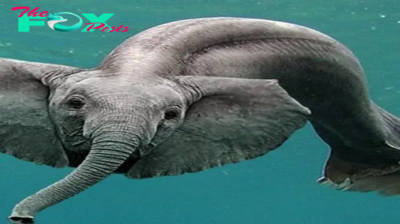
 Animals8h ago
Animals8h agoA dolphin-elephant hybrid in the water? The wonders of nature are endless.
-
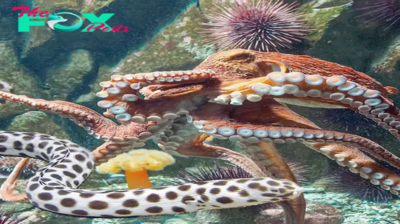
 Animals8h ago
Animals8h agoDreams and amazing stories: Giant Octopus with King Cobra.
-

 Animals9h ago
Animals9h agoWorld’s deadliest — but most adorable — cat arrives at Utah Zoo: ‘feisty personality’

